Biblical Rhetoric and Rhetorical Criticism
Published: Oct 2015
£20.00 – £80.00
This volume will prove a classic textbook on rhetorical criticism in the Bible, especially the Hebrew Bible. Following the lead of the famous Presidential Address to the Society of Biblical Literature in 1968 by James Muilenburg, 'Form Criticism and Beyond', Jack Lundbom has for over 40 years been developing and shaping the field with a stream of papers. 26 of them (three not previously published) are gathered into this volume.
Hebrew rhetoric has a long history, reaching back even into the early Israelite period. Recognition of rhetorical elements in the Bible can be seen in Hillel, Augustine, ibn Ezra, and Calvin, as well as among certain biblical scholars of the 18th and 19th centuries. But the revival of rhetoric and the modern method of rhetorical criticism is more recent, having begun in America among classical scholars in the early 1900s, and having been widely adopted by biblical scholars in the last third of the twentieth century. Biblical scholars today invariably have rhetorical criticism in their exegetical toolbox, but the field lacks such a comprehensive corpus of studies as the present volume supplies.
Reading the Bible with an eye to the rhetorical nature of its discourse —not just the style, but its structures and modes of argumentation —gives one a sharpened view of biblical figures, their legacy, and much else in the biblical text. One also gets new insight into the audiences for whom biblical messages were originally intended. Rhetorical criticism offers a ready yield for all those seeking a closer understanding of the biblical texts.
Biblical Rhetoric and Rhetorical Criticism
£20.00 – £80.00
This volume will prove a classic textbook on rhetorical criticism in the Bible, especially the Hebrew Bible. Following the lead of the famous Presidential Address to the Society of Biblical Literature in 1968 by James Muilenburg, 'Form Criticism and Beyond', Jack Lundbom has for over 40 years been developing and shaping the field with a stream of papers. 26 of them (three not previously published) are gathered into this volume.
Hebrew rhetoric has a long history, reaching back even into the early Israelite period. Recognition of rhetorical elements in the Bible can be seen in Hillel, Augustine, ibn Ezra, and Calvin, as well as among certain biblical scholars of the 18th and 19th centuries. But the revival of rhetoric and the modern method of rhetorical criticism is more recent, having begun in America among classical scholars in the early 1900s, and having been widely adopted by biblical scholars in the last third of the twentieth century. Biblical scholars today invariably have rhetorical criticism in their exegetical toolbox, but the field lacks such a comprehensive corpus of studies as the present volume supplies.
Reading the Bible with an eye to the rhetorical nature of its discourse —not just the style, but its structures and modes of argumentation —gives one a sharpened view of biblical figures, their legacy, and much else in the biblical text. One also gets new insight into the audiences for whom biblical messages were originally intended. Rhetorical criticism offers a ready yield for all those seeking a closer understanding of the biblical texts.
Jeremiah Closer Up: The Prophet and the Book
Published: May 2013
£15.00 – £40.00
Closer up than what? Many recent studies of Jeremiah leave us with but a faint glimmer of this great Hebrew prophet; in some he disappears completely into later tradition. Some scholars think that the book of Jeremiah lacks historical veracity: when it was composed, supposedly in the late exilic or postexilic periods, historical memories had been dimmed and ideology had come to dominate the Jeremiah legacy. The present essays combine to argue that both the prophet and his book can be viewed “closer up” than the imagination of many modern-day interpreters will allow.
The first three essays discuss the text, rhetoric and composition of the book of Jeremiah. The longer Hebrew text is given preference over the Greek Septuagint text, which means that we can dispense entirely with the idea that scribes were busily writing, editing and expanding the Jeremiah book in Babylon. Rhetorical and other delimiting criteria show that Jeremiah’s so-called ‘Temple Sermon’ (7.1-15) is rather a cluster of three oracles manifesting a rudimentary form of logic. Finally, a correlation of Gedaliah’s murder with the exile of 582 argues for a nearly four-year existence of the remnant community at Mizpah, more than enough time for Jeremiah and Baruch to write up the events following the destruction of Jerusalem.
The remaining essays discuss Jeremiah’s views of history, the created order, the covenant, and nations of the world, as well as the prophet’s so-called ‘confessions’. These extraordinary insights into the interior disposition of a Hebrew prophet reveal how Jeremiah felt about the word he had to preach, and what impact it had on him personally. The confessions are analysed both as formal psalm-like laments, and as gems of rhetorical composition.
Jeremiah Closer Up: The Prophet and the Book
£15.00 – £40.00
Closer up than what? Many recent studies of Jeremiah leave us with but a faint glimmer of this great Hebrew prophet; in some he disappears completely into later tradition. Some scholars think that the book of Jeremiah lacks historical veracity: when it was composed, supposedly in the late exilic or postexilic periods, historical memories had been dimmed and ideology had come to dominate the Jeremiah legacy. The present essays combine to argue that both the prophet and his book can be viewed “closer up” than the imagination of many modern-day interpreters will allow.
The first three essays discuss the text, rhetoric and composition of the book of Jeremiah. The longer Hebrew text is given preference over the Greek Septuagint text, which means that we can dispense entirely with the idea that scribes were busily writing, editing and expanding the Jeremiah book in Babylon. Rhetorical and other delimiting criteria show that Jeremiah’s so-called ‘Temple Sermon’ (7.1-15) is rather a cluster of three oracles manifesting a rudimentary form of logic. Finally, a correlation of Gedaliah’s murder with the exile of 582 argues for a nearly four-year existence of the remnant community at Mizpah, more than enough time for Jeremiah and Baruch to write up the events following the destruction of Jerusalem.
The remaining essays discuss Jeremiah’s views of history, the created order, the covenant, and nations of the world, as well as the prophet’s so-called ‘confessions’. These extraordinary insights into the interior disposition of a Hebrew prophet reveal how Jeremiah felt about the word he had to preach, and what impact it had on him personally. The confessions are analysed both as formal psalm-like laments, and as gems of rhetorical composition.



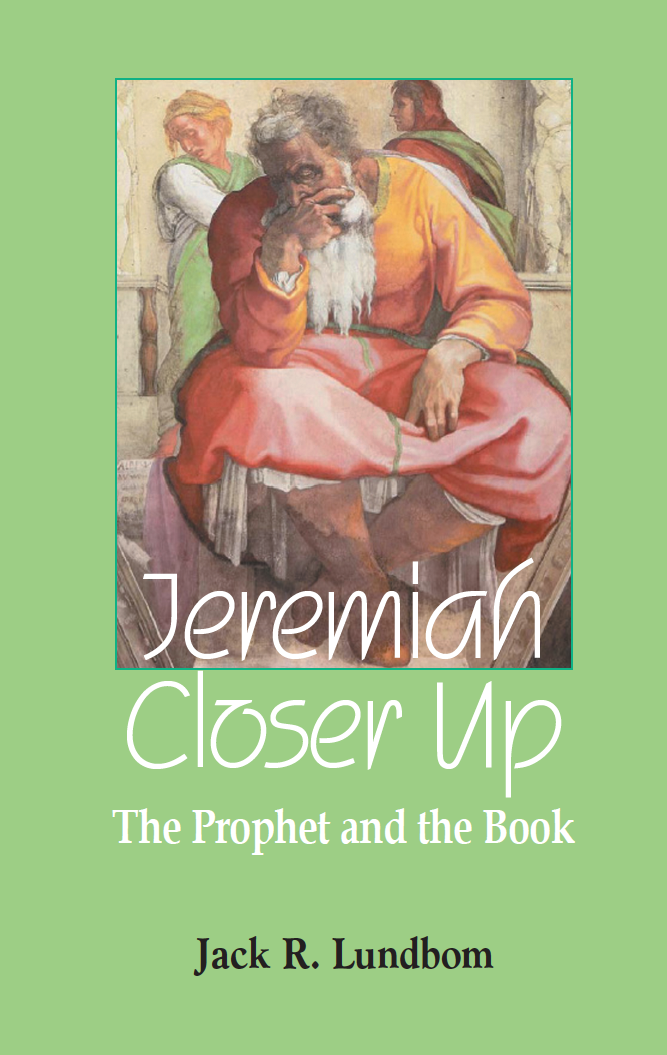

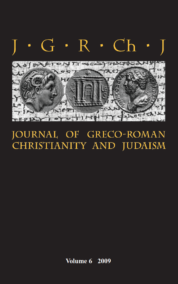



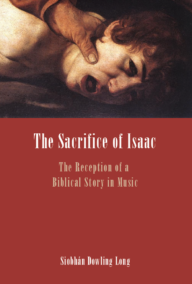


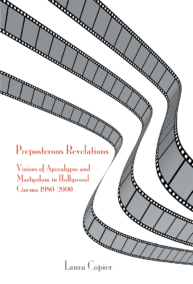




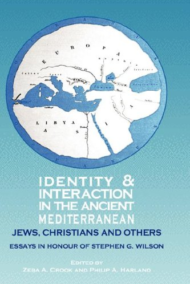
Joel: Prophet of the Outpouring Spirit
Joel: Prophet of the Outpouring Spirit